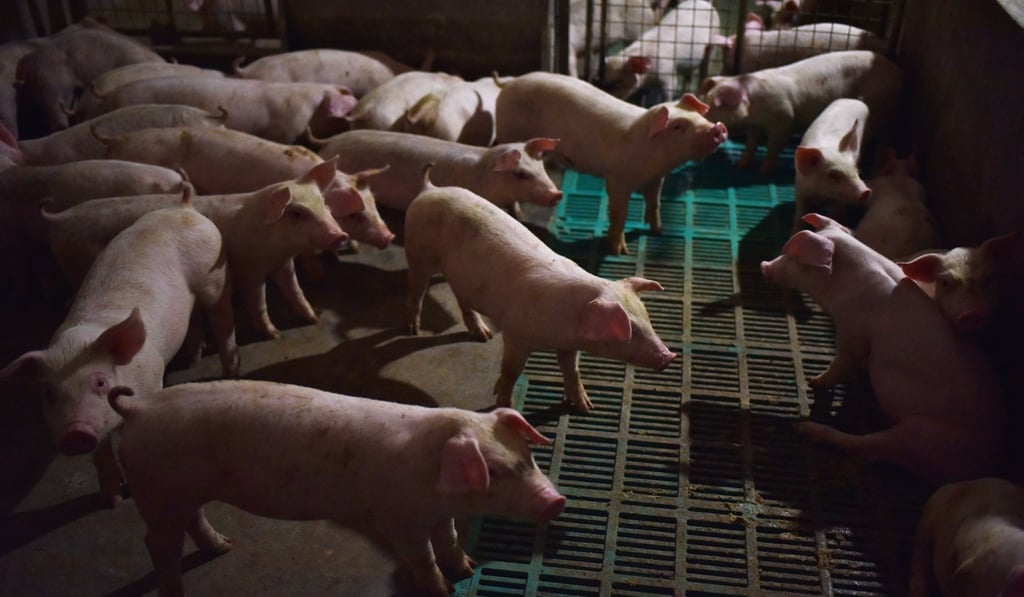A miserable Year of the Pig for China’s hogs is godsend for American farmers
- Outlook for China’s hog farming sector is bleak, as the overall herd size is forecast to fall 20 per cent this year and a further 10 per cent next year
- US pork exports to China doubled in the second quarter to 60,898 tonnes from a year earlier

In China, pigs symbolise wealth. And 2019, being the Year of the Pig, was supposed to be a great year to make money. Instead, the nation’s 26 million hog farmers are battling the deadly African swine fever epidemic that is in its second year now.
The virus, harmless to humans, has spread across 32 of the nation’s 34 administrative regions since the outbreak was first reported in August 2018, affecting a large portion of the nation’s 348 million strong swine inventory, according to Rabobank.
“We estimate China’s current herd loss is 40 per cent year on year, which may expand to over 50 per cent by year-end,” the Dutch bank said in a report last month. “We expect an additional 10 to 15 per cent decline in both herd and pork production in 2020.”
The outbreak, which has wiped out 20 per cent of the planet’s hog herd, is pushing the Chinese government to look for imports from the US, Europe and Brazil, and substitutes such as beef, poultry, fish and even plant-based protein.

The highly contagious disease that kills all pigs and wild boars it infects was originally restricted to Africa. In 2007, it was first seen in Georgia at the crossroads of Europe and Asia. It has since spread westwards to eastern and central Europe and eastward to Asia, according to the Food and Agriculture Organization of the United Nations.
After infecting hogs in China last year, it has moved this year into farms in Mongolia, Vietnam, Cambodia and Laos. There is no cure.